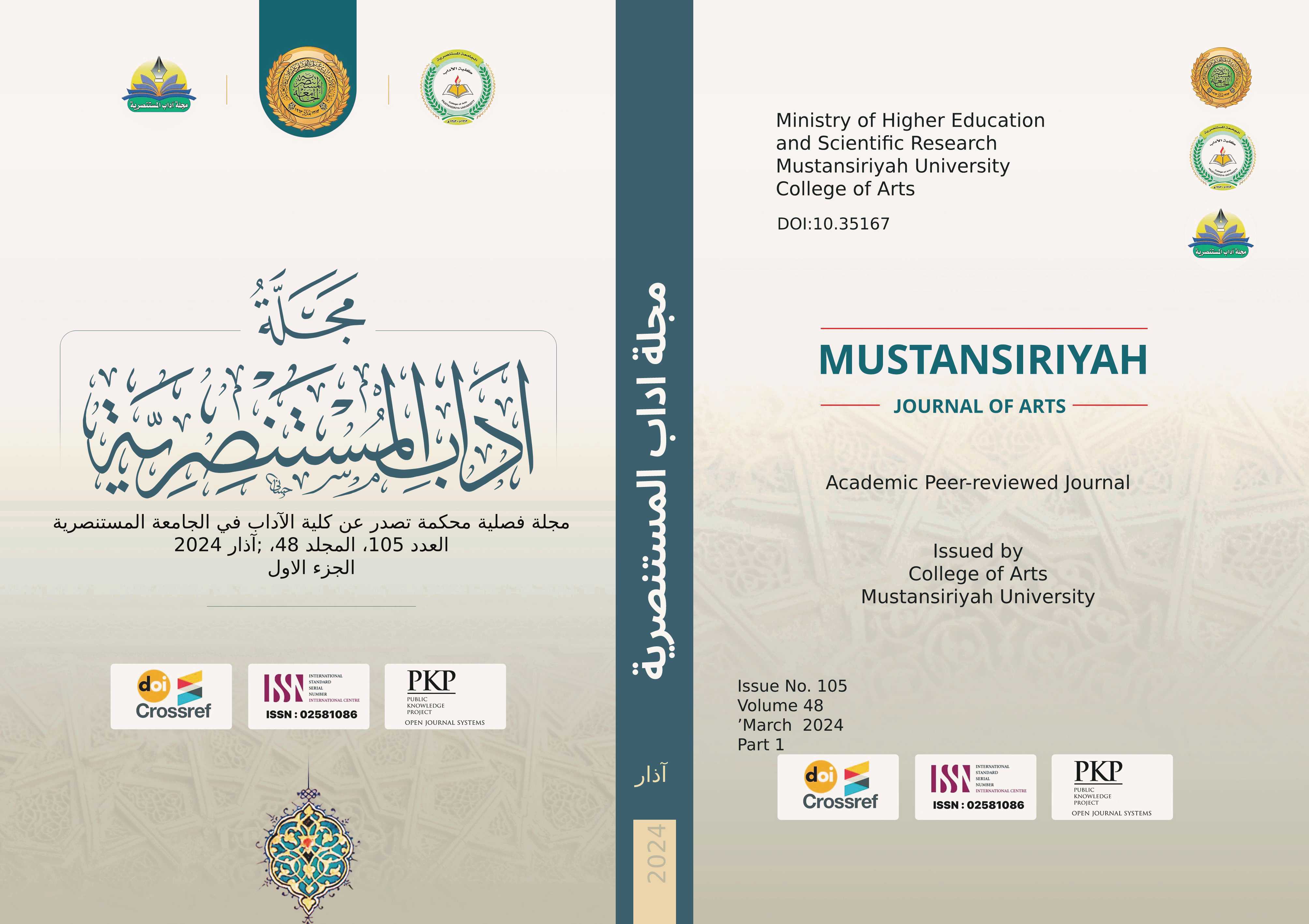The Status of Yemeni Manuscripts: A Study from the Reality of the Institutions Concerned with mansuscipts in the Capital Sana'a
Abstract
The study seeks to reveal the current situation of the Yemeni manuscripts, to show the nature of the work of the institutions concerned with them, to know the methods of preserving and documenting them, indexing and classifying them, their maintenance and restoration, the risks and problems they face, methods of treatment, and making recommendations to contribute to the development of the work of those institutions. To achieve the objectives of the study the researcher used the descriptive analytical approach, relying on the questionnaire and other tools to collect data and information. The study reached several conclusions, including the inadequacy of the building of the General Secretariat of the House of Manuscripts, the Western Library, and the Eastern Library in Sana’a, to preserve manuscripts, and the responsibility for preserving, organizing, maintaining and restoring manuscripts lies with all concerned institutions in Yemeni cities. Additionally, the training of workers in those institutions is the responsibility of the General Secretariat of the Manuscripts House. The manuscripts are indexed according to their titles, and they are classified thematically, by giving each subject a serial number of their own. The Yemeni manuscripts suffer from other problems, including: the lack of records for their preservation and documentation, which makes it difficult to identify their numbers. To identify these manuscripts, the incomplete indexes, the lack of devices, tools and materials required for their maintenance and restoration, the lack of laws or legislation to protect and preserve them. The study came out with several recommendations, including the establishment of a special building with a modern engineering design that includes all Yemeni manuscripts. It provides the appropriate environment for manuscripts, the preparation of a unified catalog of Yemeni manuscripts, to be the nucleus of a unified Arabic catalog. The study also emphasized the use of modern methods for preserving, indexing and maintaining manuscripts, the provision of all its needs and supplies of devices, materials and tools necessary for its maintenance and preservation, and the development of a law to protect Yemeni manuscripts, along with the employment of specialists and experienced heritage, training existing cadres and giving them bonuses and encouragement incentives, teaching manuscripts in universities, printing and publishing verified heritage books, producing them with artistic frameworks that reflect their value, issuing specialized periodicals to publish verified texts and studies related to Arab heritage, holding conferences, seminars and public awareness campaigns about the importance of Yemeni heritage protection, realization and dissemination.
Downloads
Published
Issue
Section
License

This work is licensed under a Creative Commons Attribution-ShareAlike 4.0 International License.


